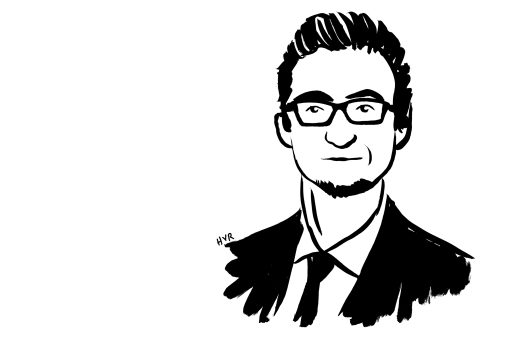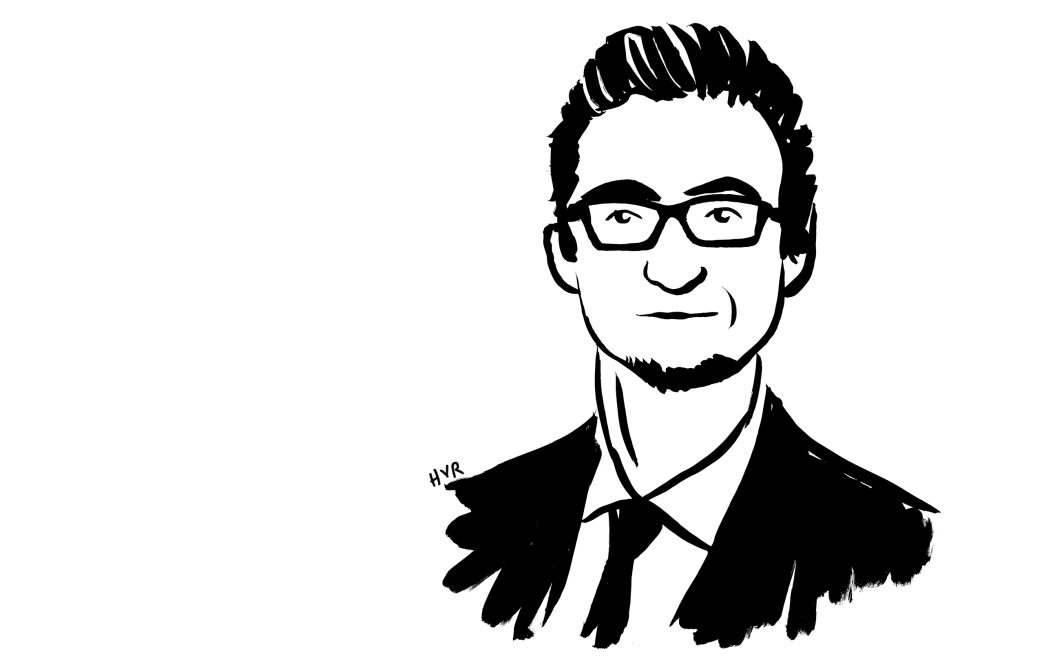Boris Vinogradov has a PhD in history and specialises in economic and industrial relations between Russia, France and Europe.
Maria Kuznetsova: You have worked extensively on the history of the Cold War. In recent years, there has been a resurgence of Cold War rhetoric on both sides: Russia regularly accuses the West of encircling it, while Western states are increasingly presenting Russia as a revisionist power. How does the selective use of Cold War memory by political elites and the media influence contemporary geopolitical decisions? In your opinion, is the use of this historical framing relevant? Does it help or hinder the resolution of contemporary conflicts?
Boris Vinogradov: The invocation of the Cold War narrative in the analysis of current tensions between Russia and the West is in itself understandable. It is the last historical experience of a systemic and prolonged confrontation between East and West. This referent still structures the way in which political and media elites frame, interpret and justify certain geopolitical decisions.
However, this selective mobilisation of Cold War memory is not neutral. It tends to simplify complex realities, to lock players into binary logics (friend/enemy, aggressor/victim) and to revive reflexes of strategic mistrust. Since 2022, this framing has helped to justify a series of profound ruptures: the suspension of numerous scientific, cultural and academic cooperation agreements, a return to the logic of generalised sanctions, the closure of informal diplomatic channels, etc.
We can hope that by 2025 we will have reached the peak of this phase of polarisation, and that a rebalancing will be possible. In this context, the memory of the Cold War can also have a constructive function, provided that it is used not just as a rhetorical weapon, but as a historical experience that enables us to reflect on the conditions for dialogue. The history of the 1970s teaches us that it is possible to negotiate arms control agreements, organise multilateral conferences (such as the Helsinki Conference in 1975) and maintain joint scientific programmes.
In other words, the memory of the Cold War can both hinder and facilitate the resolution of contemporary conflicts. It all depends on how it is used: as a tool for polarisation or as a lever for moderation. What is certain is that it remains a powerful reservoir of political representations – which must be used with discernment.
Historically, the Soviet Union maintained important economic and industrial links with Western Europe, even at the height of the ideological confrontation. Examples include Franco-Russian and German-Russian cooperation in the fields of energy, machine tools and scientific research. With this in mind, how do you view the current near-complete breakdown in economic and scientific ties between Russia and Europe? Do you think this break will last?
It is striking how much the economic dynamic between Western Europe and Russia has changed since the Cold War. At that time, despite an acute ideological confrontation, economic relations – particularly in the fields of energy, machine tools and research – were not only tolerated but actively encouraged by Western governments.
This approach was part of a strategic rationale: the development of economic ties with the Soviet Union was seen as a stabilising lever, an instrument of “de-escalation” likely to reduce tensions, strengthen peaceful interdependence and limit the risks of direct military confrontation. In other words, open trade played a moderating role in East-West relations. States actively supported their companies as they entered the Soviet market, seeing this as a contribution to a form of structured coexistence.
Today, the logic is reversed. Since 2022, the Western powers have turned economic withdrawal into a tool of geopolitical pressure. The stated aim is no longer stabilisation through trade, but dissuasion through isolation: to weaken the Russian economy, disrupt its supply chains and limit its access to critical technologies. Trade is now used as a coercive lever rather than a vehicle for rapprochement.
Today, this break appears to be profound and lasting. Not only is it institutionalised through unprecedented sanctions regimes, but it is also based on a political and ethical turning point: in many European countries, it is no longer just a reaction to the current situation, but a structural repositioning, based on a desire for strategic decoupling.
That said, history teaches us that international configurations evolve. Periods of rupture have often been followed by phases of re-engagement, sometimes more rapidly than imagined. But such a scenario would presuppose a profound change in the geopolitical context, as well as a gradual rebuilding of trust — a process which, at present, remains difficult to envisage in the short term.
Contemporary sanctions against Russia are often described as unprecedented in their scale. Yet we know that during the Cold War, the Soviet Union already faced significant technological and trade restrictions. Drawing on historical parallels, how effective were these constraints in transforming Soviet industrial development? And what lessons can be drawn from them to understand Russia’s current efforts to substitute Western technologies and reorient its economic model towards autarky or other partners?
I would like to start by stressing that we are probably far from being fully informed about the real scope and application of the current regime of Western sanctions against Russia. This impression stems from my research into the sanctions imposed by the West on the countries of the socialist bloc during the Cold War. The archives relating to these measures have only recently been opened; they are still only partially exploited, but they already allow some surprising conclusions to be drawn.
For example, I am convinced that Western public opinion at the time would have been very surprised to learn that, from the early 1950s onwards, there were permanent liberalising exceptions to the general embargo regime. Granted in the name of economic necessity or for diplomatic reasons, these derogations became, especially from the 1970s onwards, a structural element of East-West trade. Between 1970 and 1982, for example, France exported over $146 million worth of embargoed goods to the USSR, including advanced computer systems, equipment and tools.
That’s why I think that, in the future, we will probably learn a lot of unexpected things about the current sanctions against Russia.
As for the impact of trade restrictions on Soviet industrial development, the answer is complex and depends very much on the sectors concerned. In the construction of heavy machinery and metallurgy, Soviet industry held leading positions, even exporting to Western Europe. In 1977, for example, a 65,000 tonne hydraulic press manufactured in the USSR was installed at the Interforge factory in Issoire, France.
However, the situation was much more unfavourable in the computer and electronics sectors. Restrictions on the export of semi-conductors and computers to the USSR had a profoundly negative impact on the development of these sectors, contributing to a lasting technological lag.
As a historian, what role do you see for historical research in shaping informed public debate, particularly in times of acute geopolitical crisis? Is there a growing risk of history being instrumentalised or distorted for political ends, particularly in the context of national narratives in Russia and the West? And what can academic historians do to re-establish a more balanced, critical and nuanced understanding of the past?
History is, unfortunately, one of the most vulnerable disciplines in times of prolonged geopolitical conflict. Since the Middle Ages, chroniclers have often written history according to the interests of the rulers in power. These practices have not disappeared; on the contrary, they have been reinforced and clothed in the trappings of serious historical work — footnotes, cited archives, academic vocabulary — while at the same time pursuing precise political objectives. In this context, it becomes particularly difficult for the general public to distinguish genuinely independent research from a narrative constructed a priori, the conclusions of which have been fixed even before the investigation begins.
The role of historical research in public debate is to provide a framework for understanding that goes beyond immediate rhetoric, contextualises events and reminds us that the past is never a monolithic block, but a field of interpretation based on verifiable facts and critical analysis.
There are a number of ways in which academic historians can preserve and promote a more balanced, critical and nuanced understanding of the past. The first is to demonstrate methodological transparency, by clearly explaining how research is carried out, what the criteria are for selecting sources, what the limits are and how they are compared and interpreted. This approach helps to build public confidence and reminds us that history is based on rigorous critical work.
It is also essential to disseminate research findings well beyond academic circles. This means using a variety of accessible formats, including popular articles, media appearances, podcasts, documentaries and participation in public debates.

